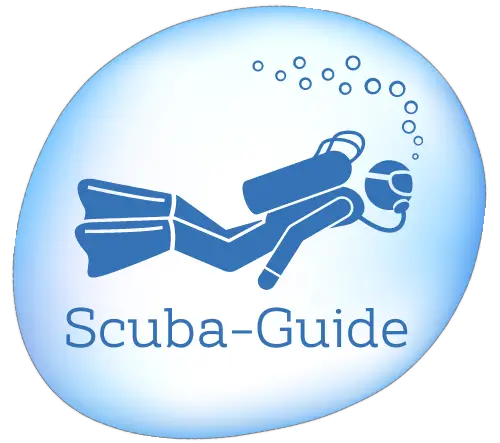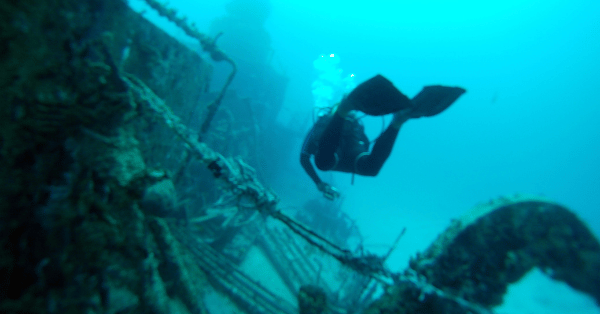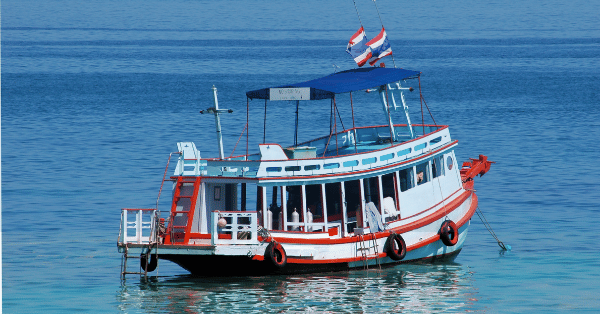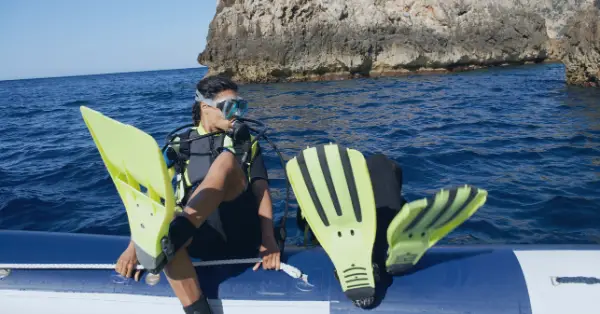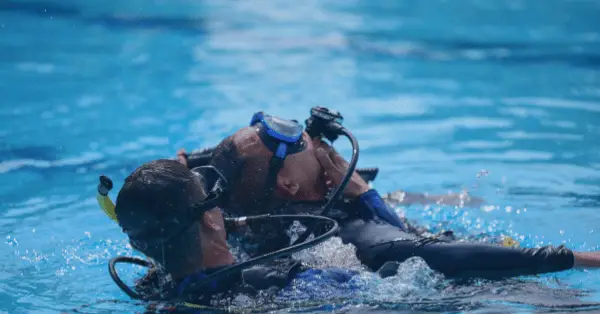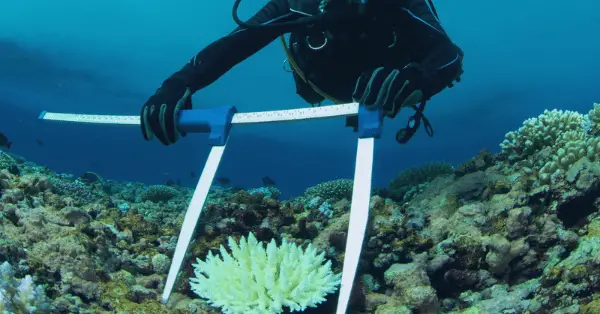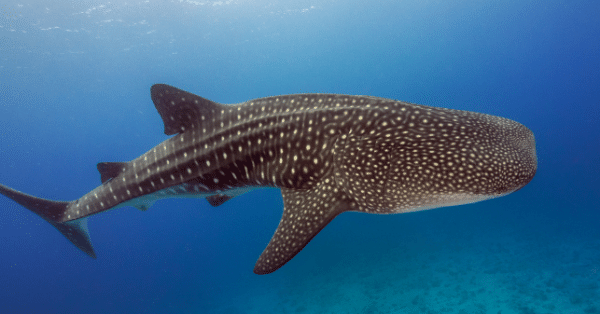Tips for staying physically fit for scuba diving
Are you planning on going scuba diving on your next vacation? If so, it’s important to make sure that you are fit for the activity. Diving can be a lot of fun, but it’s also a strenuous sport. In order to make sure that you have a good time and stay safe underwater, it’s important to exercise regularly and eat a healthy diet.

Here are a few tips to help you stay fit for scuba diving:
1. Exercise regularly. Working out at least three times a week can help prepare your body for the rigors of scuba diving. Cardiovascular exercises such as running, swimming, or cycling will help improve your aerobic endurance and muscular strength. Pilates and yoga can also be beneficial, as they focus on improving posture, balance, and flexibility, which are all important when diving.
2. Eat a balanced diet. Making sure that you get enough vitamins and minerals is essential to maintaining good health while diving. Eating plenty of fruits and vegetables will provide antioxidants, which can protect your body from the effects of free radicals in the ocean water. Avoid processed and fried foods, as these can leave you feeling sluggish and slow.
3. Get plenty of rest. Resting is just as important as exercise when it comes to staying fit for scuba diving. Make sure that you get enough sleep every night and try to avoid activities like smoking or drinking alcohol, which can cause dehydration and fatigue the day before a dive.
Health check for scuba diving
As a certified diver, you are responsible for ensuring a safe dive and knowing your own limitations. A self-health check or doctor visit is a mandatory step before every dive. Every dive shop will make you sign a waiver that you are in good physical fitness for scuba diving.
Physical fitness requirements for Open Water certification
In order to pass the PADI certification for Open Water recreational diving, you must complete a small fitness test for swimming 219 yards (200 m) without any equipment or alternatively 328 yards (300 m) with fins. Additionally, you must be able to pull (rescue) your dive buddy for 109 yards (100 m) and be able to float without any swim aids.
If you train or measure your physical fitness in a pool, add 109 yards (100 m) to the above distances.
These physical fitness tests should be your benchmark for gauging if you are fit enough for diving – at all times.
Furthermore, you should be able to lift and carry individual items of your scuba diving equipment on land and on a boat.

Other physical fitness for scuba diving is recommended. You should be able to complete the following: (capacity varies based on sex and age – we will use averages)
- 10 push-ups
- 20 – 25 sit-ups
- a firm grip with your strong hand (30 kg)
Body mass index for scuba diving
While there is no official limit for scuba divers, you should aim for a healthy BMI:
- Morbid Obesity >40
- Obesity 30 – 40
- Overweight 25 – 30
- Healthy 18.5 – 25
- Underweight <18.5
The BMI calculation
Formula: Weight in Kilograms divided by squared height in meters.
Example for a male scuba diver:
- 80 kg
- 1.80 m
- BMI = 80 / (1.8^2) = 24.69
In this example, our scuba diver is just at the border of having a healthy BMI for diving.
Conclusion
Being fit and healthy is essential for maximizing the enjoyment of scuba diving. A physical fitness examination should be done before taking up any dive activity; as a diver, you are responsible for your own health and safety. Eating right and exercising regularly can help ensure that you are able to enjoy the wonders of underwater exploration!
However, if you have any doubts or questions, it is recommended to seek professional advice from a doctor before taking the plunge. Scuba diving can be dangerous and should not be taken lightly. Have fun, stay safe and enjoy your underwater adventures!
